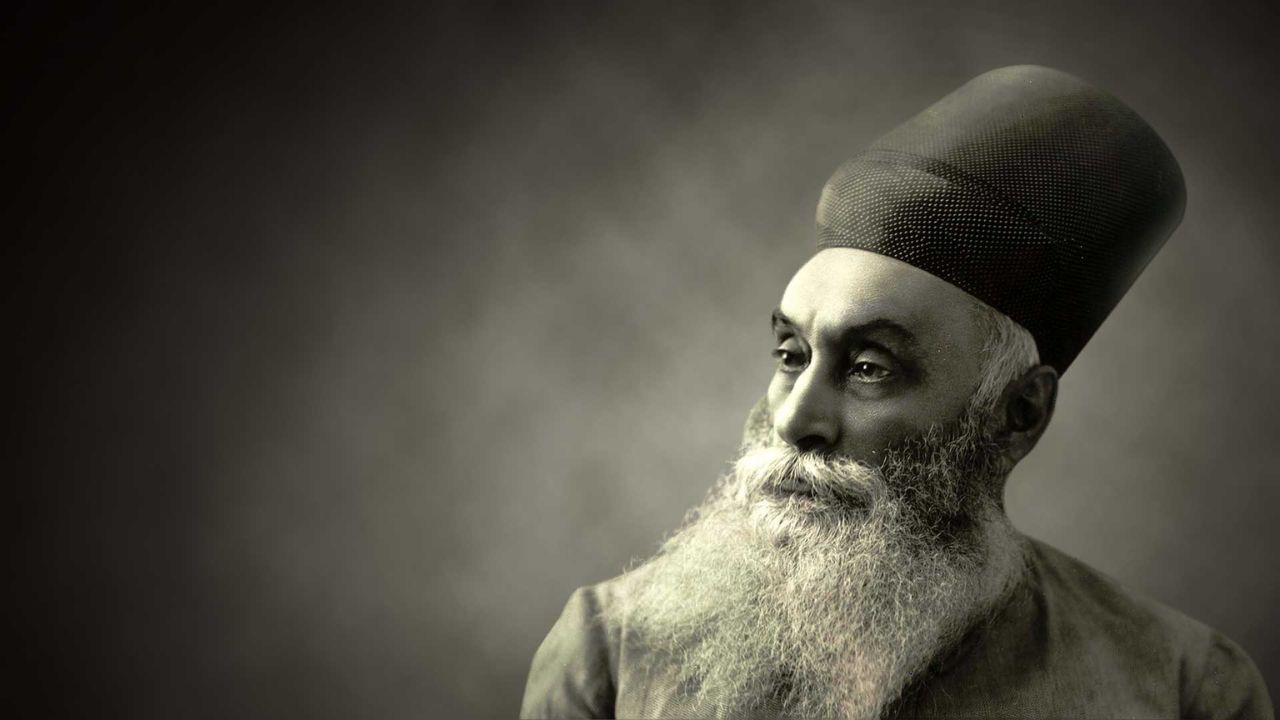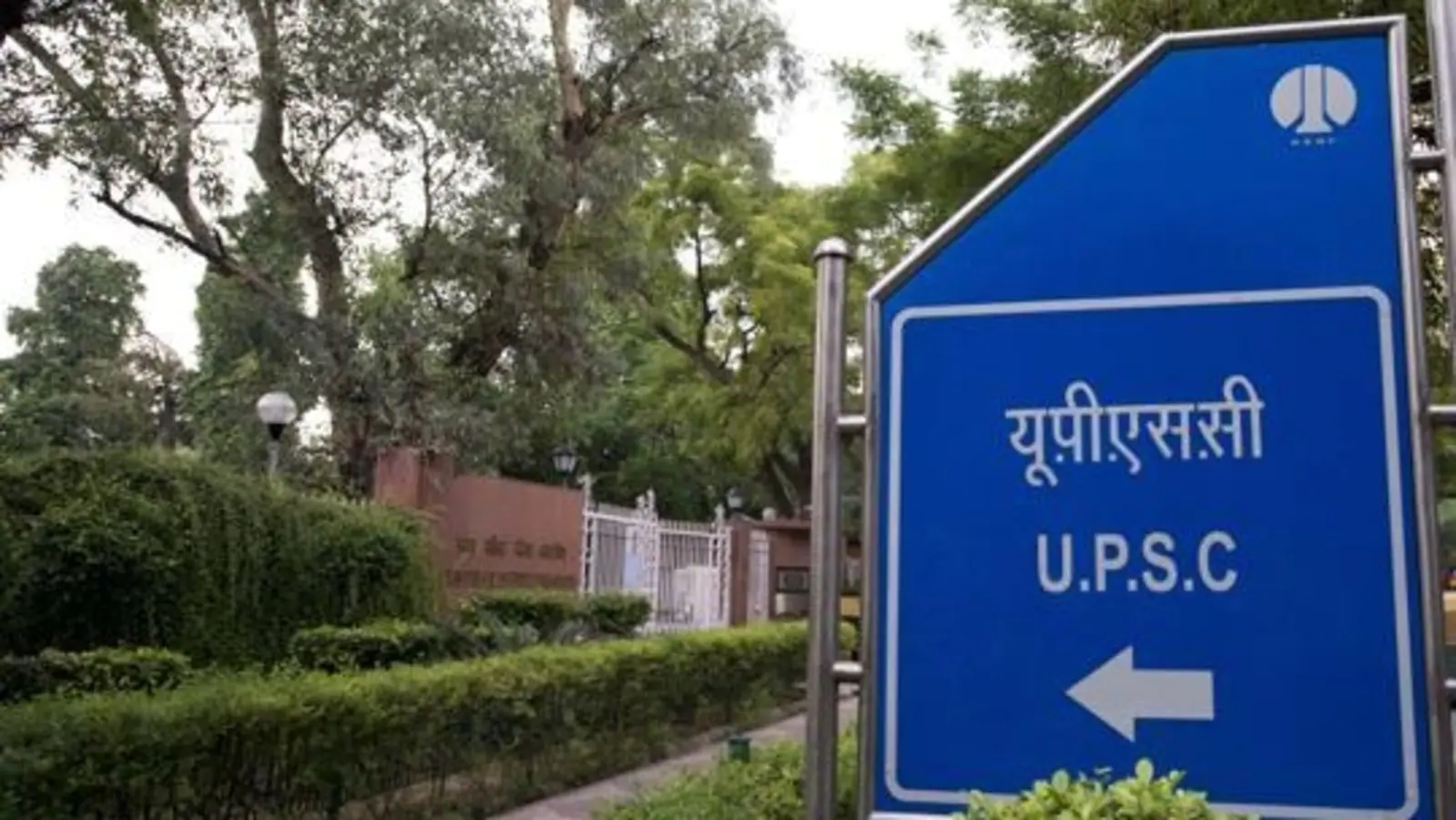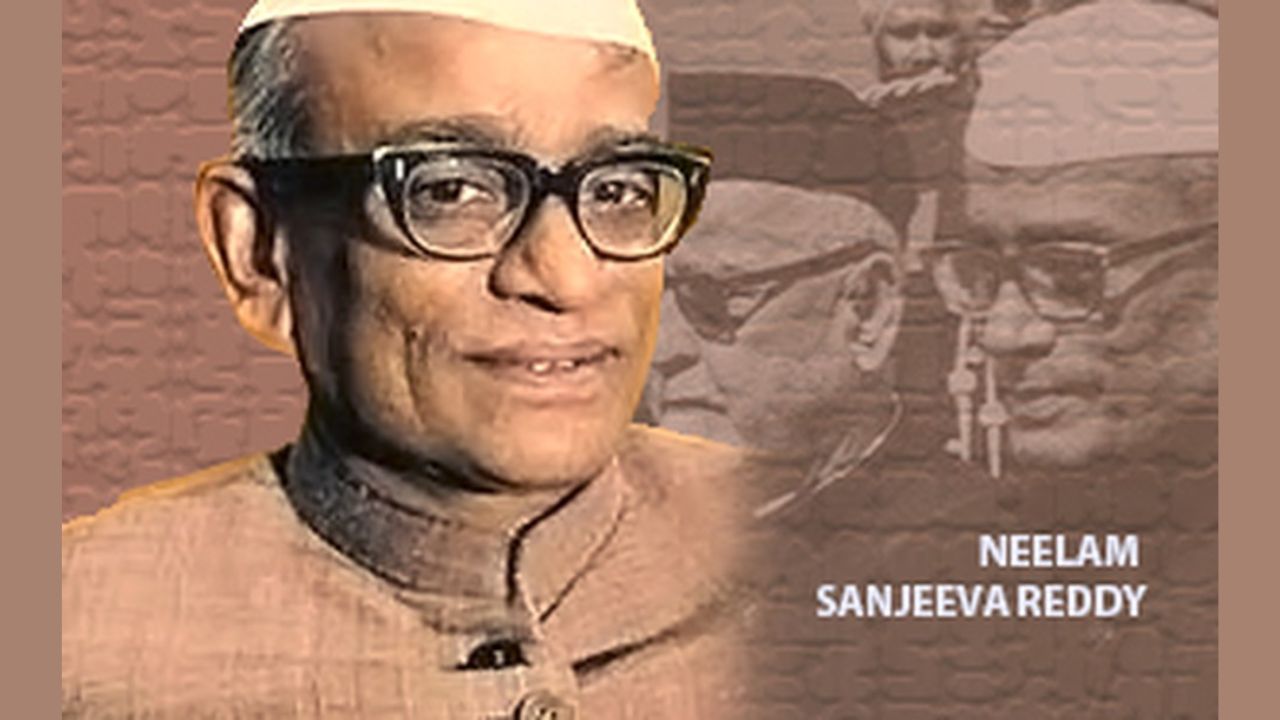Jamsetji Tata Biography: Jamsetji Tata in full In the 1870s, Jamsetji Nusserwanji Tata founded the Tata Group in central India with a textile mill. He was a pioneer industrialist whose vision and ambitious efforts propelled India into the ranks of industrialised nations.
He was a patriot and humanist whose ideas and vision contributed to the formation of an exceptional business conglomerate. His characteristics made him an exceptional individual. His humanity set him apart and elevated him to the pantheon of modern India’s greatest offspring.
Jamsetji Tata Biography
Jamsetji Tata: Early Life
He was born in Navsari, Gujarat, to a Parsi family on March 3, 1839. His paternal grandparents were Nusserwanji Tata and Jeevanbai Tata. He was Nusserwanji Tata’s only son and firstborn offspring. Nusserwanji was the first family member to break the tradition of entering the priesthood and enter the corporate world. Jamsetji was reared in Navsari and moved to Bombay with his father when he was 14 years old. In 1858, he graduated from Elphinstone College as a “green scholar,” the equivalent of today’s graduate. While still an undergraduate, Jamsetji Tata wed Hirabai Daboo.
After earning his bachelor’s degree, he joined his father’s export-trading company and assisted in establishing robust branches in Japan, China, Europe, and the United States.
Profession
In 1868, at the age of 29, after nine years of working with his father, he established a trading corporation with a capital of Rs 21,000, which later became the Tata Group.
In 1869, he purchased a defunct oil mill in Chinchpokli, converted it into a cotton mill, and renamed it the Alexandra Mill. Two years later, he profitably sold the mill.
In 1874, he established the Central India Spinning, Weaving and Manufacturing Company with an initial investment of Rs 1.5 lakh.
After three years, his endeavour was prepared to fulfil its destiny. Queen Victoria was proclaimed Empress of India on January 1, 1877, and Empress Mills was founded in Nagpur on the same date. At the age of 37, Jamsetji began the first of his extraordinary odysseys.
His primary objectives were to establish an iron and steel company, a world-class educational institution that would tutor Indians in the sciences, and a hydroelectric power facility. While he was alive, none of these would materialise, but he planted the seedlings.
His businesses were renowned for their efficiency, enhanced labour protection policies, and introduction of finer fibre grades. In 1906, he envisioned a hydroelectric power facility in the Bombay region that would become the Tata Power Company.
In 1901, he began organising India’s first large-scale ironworks, which were incorporated six years later as the Tata Iron and Steel Company (now Tata Steel). Under the leadership of Jamsetji Tata’s sons, Sir Dorabji Jamsetji Tata and Sir Ratanji Tata, the Tata Iron and Steel Company grew to become India’s largest privately-held steel producer.
He established the J.N Tata Endowment in 1892 to encourage Indian students to pursue higher education.
Personal Life
Tata wedded Hirabai Daboo. Tata was succeeded by his sons, Dorabji Tata and Ratanji Tata, as chairman of the Tata Group.
Ratanji Dadabhoy Tata, Tata’s first cousin, was instrumental in the establishment of the Tata Group. Through her marriage to a Mumbai merchant, his sister Jerbai became the mother of Shapurji Saklatvala, whom Tata successfully employed to prospect coal and iron ore in Odisha and Bihar. Saklatvala eventually settled in England, initially to oversee Tata’s office in Manchester, and subsequently became a Communist member of the British Parliament.
He was the uncle of J. R. D. Tata and Sylla Tata through his cousin Ratanji Dadabhoy; the latter was married to Dinshaw Maneckji Petit, the third baronet of Petits. The baronet’s sister Rattanbai Petit was the wife of Pakistan’s founder Muhammad Ali Jinnah.
Jamsetji Tata: Death
On May 19, 1904, he passed away in Bad Nauheim. However, he remains a source of motivation and inspiration for entrepreneurs worldwide.
Sonali Kulkarni Biography: Birthday, Early Life, Career, Personal Life, Facts
Prayaga Martin Biography: Birthday, Early Life, Career, Family, Facts
Jamsetji Tata: Legacy
The Tata iron and steel mill was established in the Jharkhand village of Sakchi. Tatanagar was given as the name of the town’s railway station as the village developed into a city. In his honour, the city in Jharkhand is now known as Jamshedpur. The former village of Sakchi is now incorporated into the metropolis of Jamshedpur.



